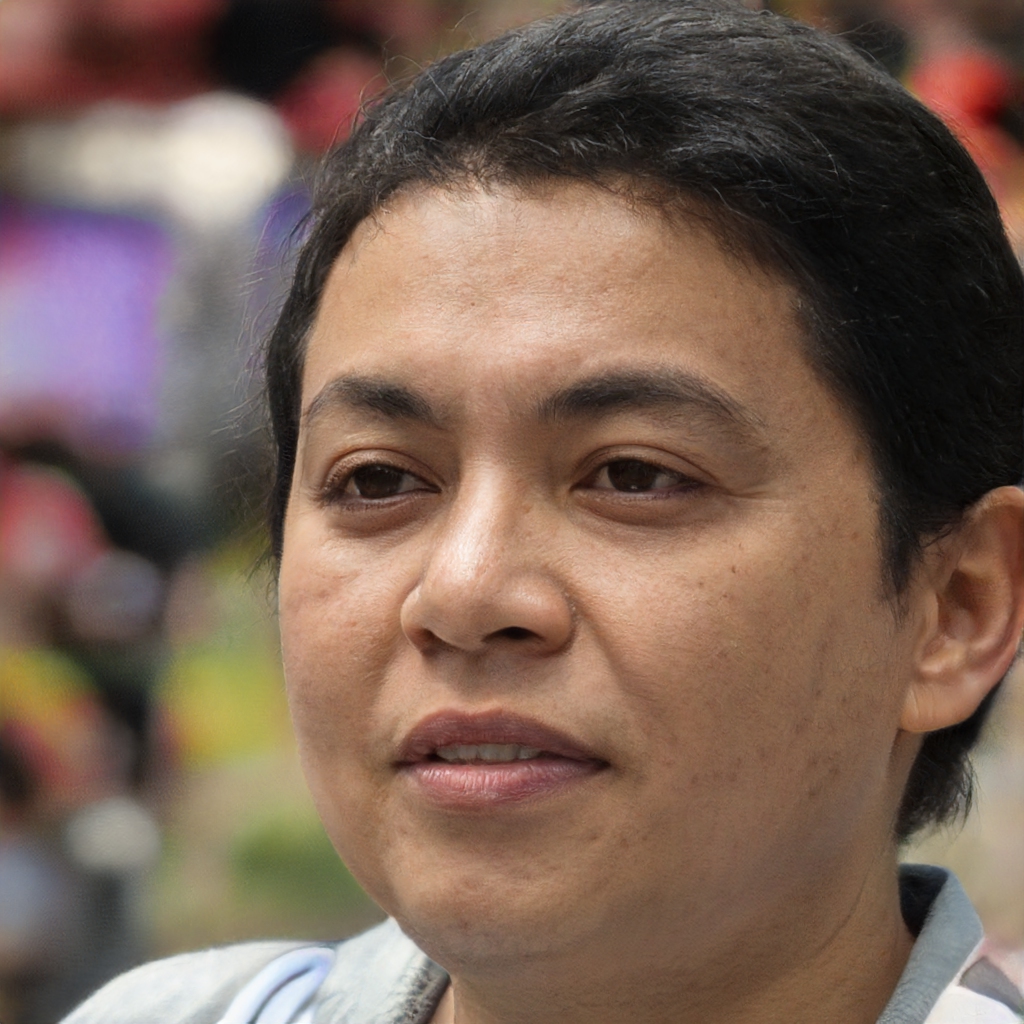A gift economy, or gift culture, is a mode of exchange where valuables are not traded or sold, but rather given without an explicit agreement for immediate or future rewards. Ideally, spontaneous giving serves to promote the well-being of the community and the individual. A gift economy may be distinguished from a barter economy or a market economy by a society's eschewal of profit, currency, market trade and capital accumulation.
Historically, gift economies have been closely associated with indigenous societies, where traditional social norms and values place a strong emphasis on social cohesion and reciprocity. Gift economies have been studied in a variety of contexts, including economics, anthropology, and sociology.
The term "gift economy" was first coined by anthropologist Marcel Mauss in his 1925 book The Gift: Forms and Functions of Exchange in Archaic Societies. In this work, Mauss argues that the exchange of gifts is a key ingredient in the formation and maintenance of social relationships. He describes the gift economy as "a circuit of gift exchange which proceeds from one individual to another and back again".
Mauss's work has been influential in a number of fields, including economics, anthropology, and sociology. In particular, his analysis of the gift economy has been taken up by anthropologists such as David Graeber, who has argued that gift economies are a key part of human sociality.
There are a number of different theories about how gift economies work. One
Is a gift economy possible?
A gift economy is an economic system in which goods and services are exchanged without any money changing hands. In a true gift economy, no one would be able to earn a living, because there would be no way to accumulate wealth.
Theoretically, a gift economy is possible, but it is not a sustainable model for an entire society. In a gift economy, people would have to be constantly giving and receiving gifts in order to get what they need. This would require a high level of trust and cooperation among the members of the society. Additionally, a gift economy would be very vulnerable to outside influences. For example, if someone from a different economic system were to come into a gift economy and start trading goods and services for money, that person would quickly accumulate wealth and could potentially disrupt the entire system.
How does a gift economy benefit the world?
There are many benefits to a gift economy, as it encourages people to give freely without expecting anything in return. This can create a more compassionate and caring world, as people are more likely to help others without expecting anything in return.
In a gift economy, people are more likely to trust each other and build strong relationships. This is because they know that they can rely on others to give freely, without expecting anything in return.
A gift economy can also help to create a more sustainable world, as people are more likely to share resources and take care of the environment. In a gift economy, there is no need for money or other forms of currency, which can often lead to greed and pollution.
Who came up with gift economy?
There is no one person who can be credited with coming up with the concept of gift economy. Instead, it is a system that has been practiced by many cultures throughout history.
One of the earliest known examples of gift economy comes from the Kula Ring in the Trobriand Islands. This is a system of exchangingshells and other valuables between families that builds relationships and creates a sense of community.
In more recent times, the idea of gift economy has been taken up by some anarchist and socialist thinkers as a way to create a more equitable society. One well-known advocate for gift economy is the French thinker Pierre-Joseph Proudhon, who argued that "property is theft."
More recently, the idea of gift economy has been popularized by the Italian activist and writer Silvia Federici. In her book Caliban and the Witch, Federici argues that the shift from a gift economy to a capitalist one was key to the rise of patriarchy and the oppression of women.
